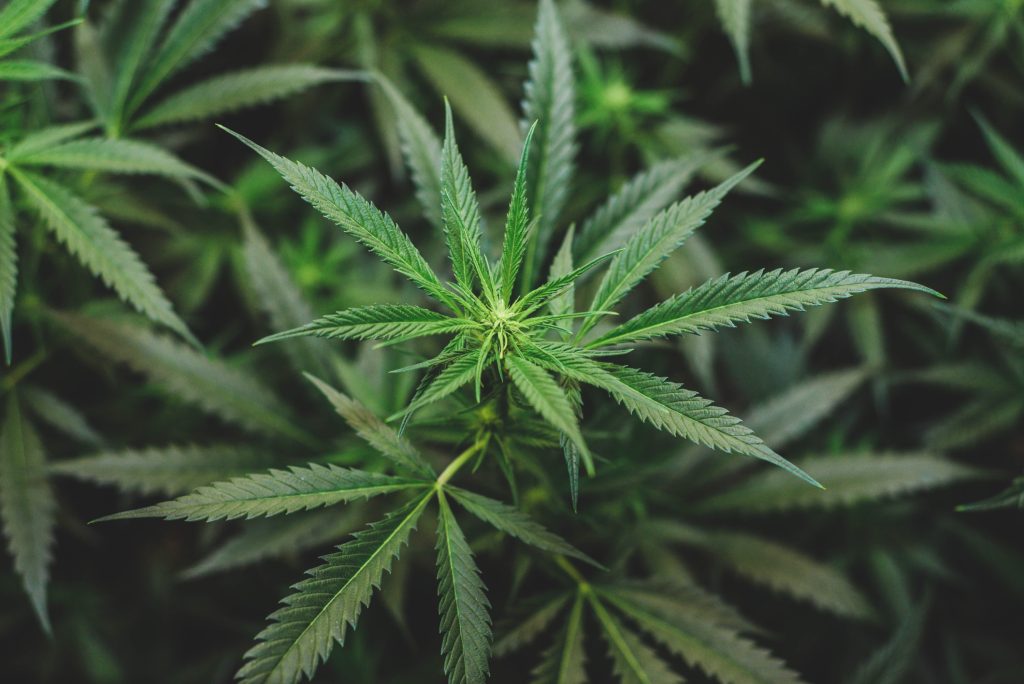Understand Your Rights. Solve Your Legal Problems


South Africa has achieved a significant milestone in cannabis reform by officially legalizing the cultivation and possession of the plant for personal use. This ground-breaking move comes after President Cyril Ramaphosa gave his final approval, making South Africa the first African country to legalize cannabis for personal use.
The Cannabis for Private Purposes Act, signed by President Ramaphosa on May 28, marks the removal of cannabis from the Drugs and Drug Trafficking Act. This initiative sets the stage for amendments to the Medicines and Related Substances Act, the Plant Breeders Rights Act, and the Plant Improvement Act, aiming to support the industrialization of the cannabis sector.
Key provisions of the new legislation include regulations for the medical administration of cannabis to children, efforts to safeguard them from undue exposure, and the establishment of alternatives for dealing with prohibited use and possession by minors.
However, it's important to note that the sale of cannabis and the establishment of a legal market remain prohibited under the new law. The legislation focuses on regulating the possession, cultivation, and use of cannabis for personal purposes by adults, while respecting privacy rights and safeguarding public health, especially that of children.
The law outlines specific guidelines for adult use, allowing individuals 18 years or older to use cannabis in places where the public does not have a right of access. Adults can possess unlimited cannabis plant seeds and seedlings, up to four flowering cannabis plants per person or eight per household in a private place, up to 100 grams of dried cannabis in a public place, and up to 600 grams of dried cannabis per person or 1,200 grams per household in a private place.
Furthermore, adults are permitted to smoke and consume cannabis in private spaces and can gift up to 30 seeds or seedlings, one flowering plant, or 100 grams of dried cannabis without any form of payment. However, exceeding cultivation and possession limits, failing to ensure cannabis plants are inaccessible to children, or not complying with cultivation standards will result in various offenses and corresponding penalties, including fines and imprisonment.
While smoking or consuming cannabis in public places is strictly prohibited, it is permitted in private spaces as long as it does not pose a risk to others, particularly minors. It is important to note that the bill, initially proposed in 2020, faced delays despite the South African government's identification of cannabis as a priority sector for economic growth. The government's recognition of the economic potential of the hemp sector and the medical cannabis industry serves as evidence of this.
President Ramaphosa's signing of the bill into law on May 28, just prior to the commencement of a closely contested national election, reflects the present political landscape.
South Africa's ruling African National Congress (ANC) won just 40.18% of the vote in Wednesday's election, falling far short of a majority, after all votes were counted and must reach an agreement with other parties to form a coalition government.
www.lawyer-monthly.com - June 10, 2024


